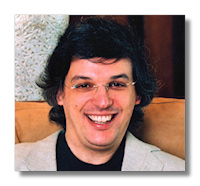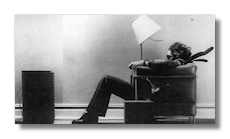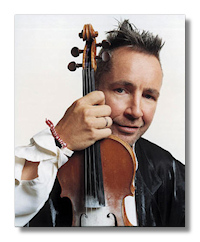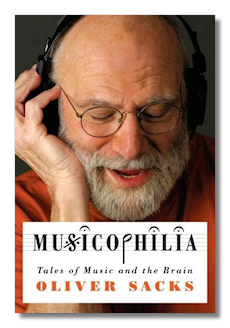In glorious discord over Stravinsky
Few things are more fun to savour than a good old artistic feud, says Rupert Christiansen
The fallout can take several forms, from the vitriolic spat (Vidal v Capote, Oasis v Blur) to a purely intellectual combat (Wilson v Nabokov), to the serious lawsuit (Ruskin v Whistler), to the soured friendship (Lennon v McCartney, Vargas Llosa v Márquez, Theroux v Naipaul).
But the most interesting variety is the one that pitches competing conceptions of the truth, as when Mary McCarthy denounced "every word" of Lillian Hellman's account of her communist fellow-travelling as "a lie, including 'and' and 'the'."
Stephen Walsh and Robert Craft haven't gone quite that far over the matter of Igor Stravinsky, but they've come pretty close.
There's something of All About Eve to the story of Craft's attachment to the great Russian composer, and something of Boswell's relationship to Dr Johnson. A brilliant American music student, Craft latched on to Stravinsky in the late 1940s, becoming his secretary, minder, gatekeeper, amanuensis, conducting assistant and surrogate son.
Read more about this at the Telegraph website:
http://www.telegraph.co.uk/arts/main.jhtml?xml=/arts/2008/03/26/bmarts126.xml






















